Postdoctoral Position in Supramolecular Antiviral Chemistry
To apply, please send the following documents in a single PDF:
• A cover letter outlining your research interests and motivation
• Your CV (including publications)
• Contact details for two academic references
To both : mihayl.varbanov@univ-lorraine.fr & florence.dumarcay@univ-lorraine.fr
Deadline application : 15/08/2025
Project Overview: The selected postdoc will contribute to the VIPRO-COMBAT project, focused on the development of photoactivatable supramolecular antiviral assemblies (Supramolecular Antiviral Dots – SADs) targeting human coronaviruses (HCoVs). These RNA-enveloped viruses cause respiratory infections ranging from mild to severe pneumonia, and to date, no specific antiviral therapy has been approved. The project’s objective is to design and synthesize supramolecular prodrugs that
remain inactive until locally triggered by viral protease activity. These constructs will incorporate antimicrobial peptides and a “Lock and Release” system, enabling site-specific activation under near-infrared light. This dual-controlled strategy ensures precise activation only within infected tissues. The approach aims to combine phototherapy with advanced light-triggered therapeutic strategies and real-time molecular monitoring, offering a functional proof-of-concept for targeted antiviral phototherapeutics.
We are seeking a highly motivated researcher with:
• A PhD in organic or organometallic chemistry.
• Strong experience in molecular synthesis; familiarity with peptide synthesis is highly
desirable.
• A basic understanding or interest in chemical biology or antiviral mechanisms.
• Knowledge of photophysics is a strong advantage.
• Open-mindedness for multidisciplinary collaboration, particularly with biology-focused
teams.
• Excellent communication skills in English (spoken and written).




